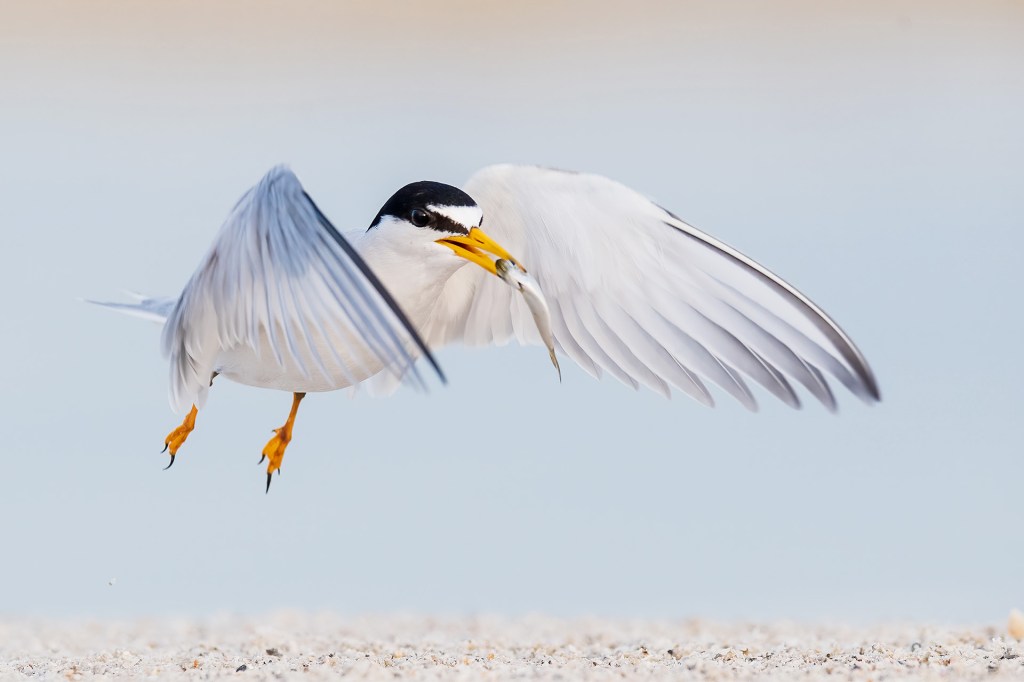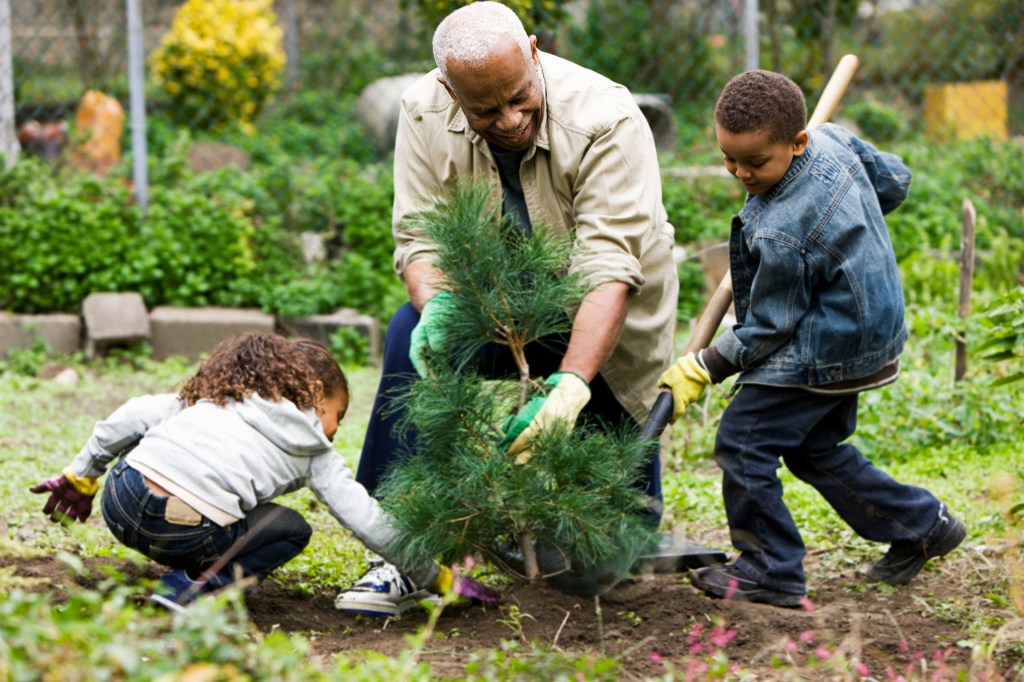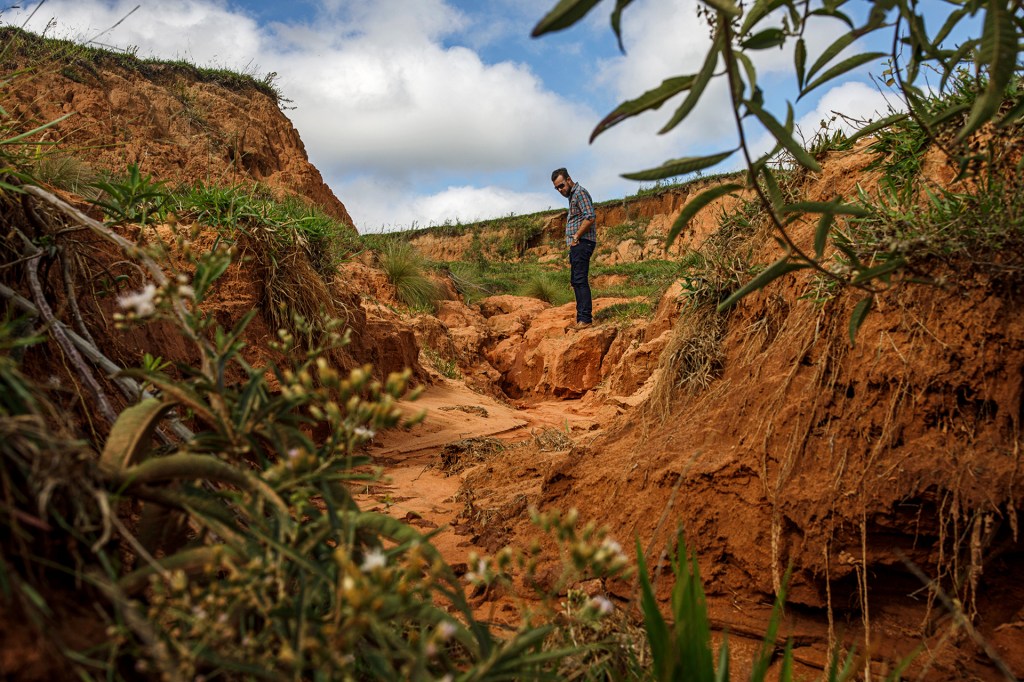The PPE Problem
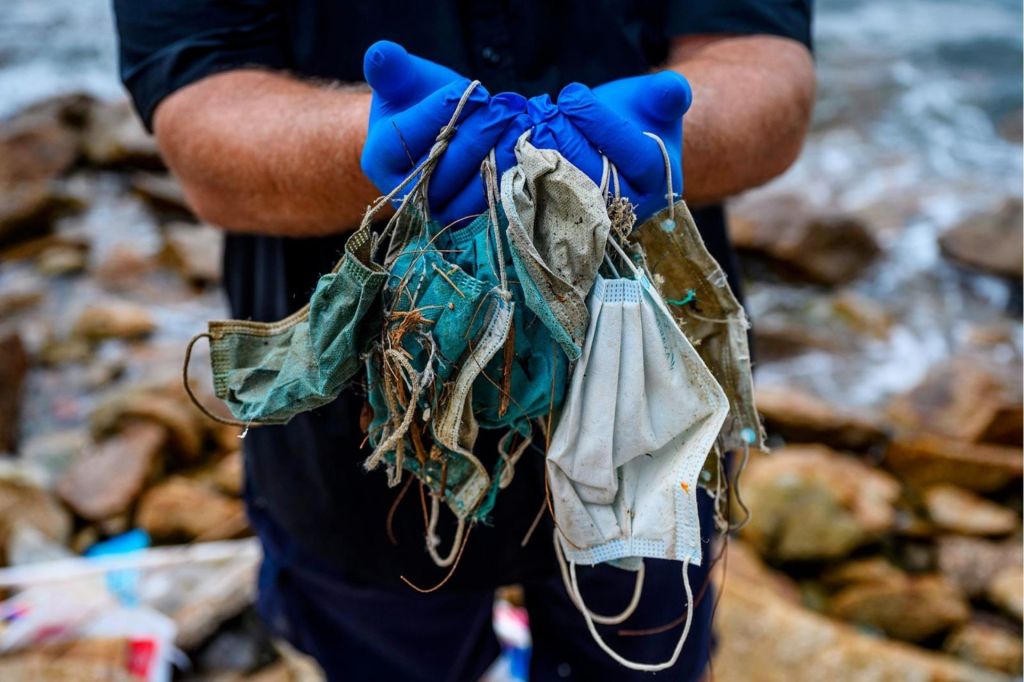
Zoë Trisha Prinsloo cares about the beaches of Cape Town, South Africa. She leads cleanups there. She has a group called Save a Fishie! It has picked up plastic bottles, straws, and more.
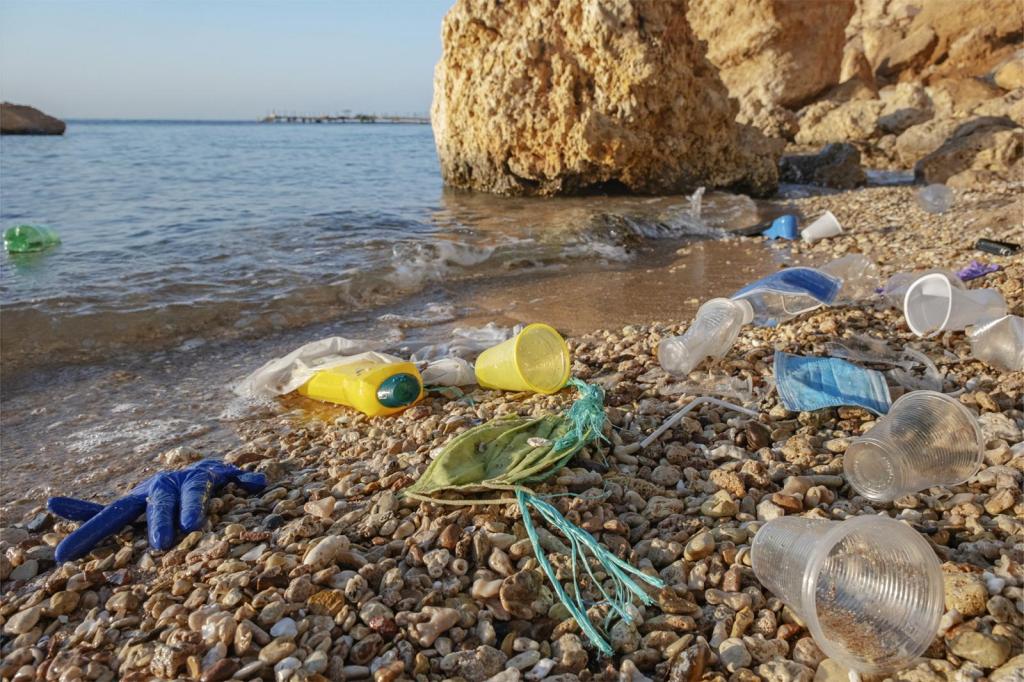
Plastic waste, including gloves and face masks, wash up on a beach in Egypt in October 2020.
ANDREY NEKRASOV—BARCROFT MEDIA/GETTY IMAGESLately, Prinsloo has noticed more of one kind of waste: PPE. That stands for “personal protective equipment.” Face masks and gloves are two types of PPE. At a cleanup last year, Prinsloo saw eight different kinds of gloves. “I find masks more and more regularly too,” she told TIME for Kids.
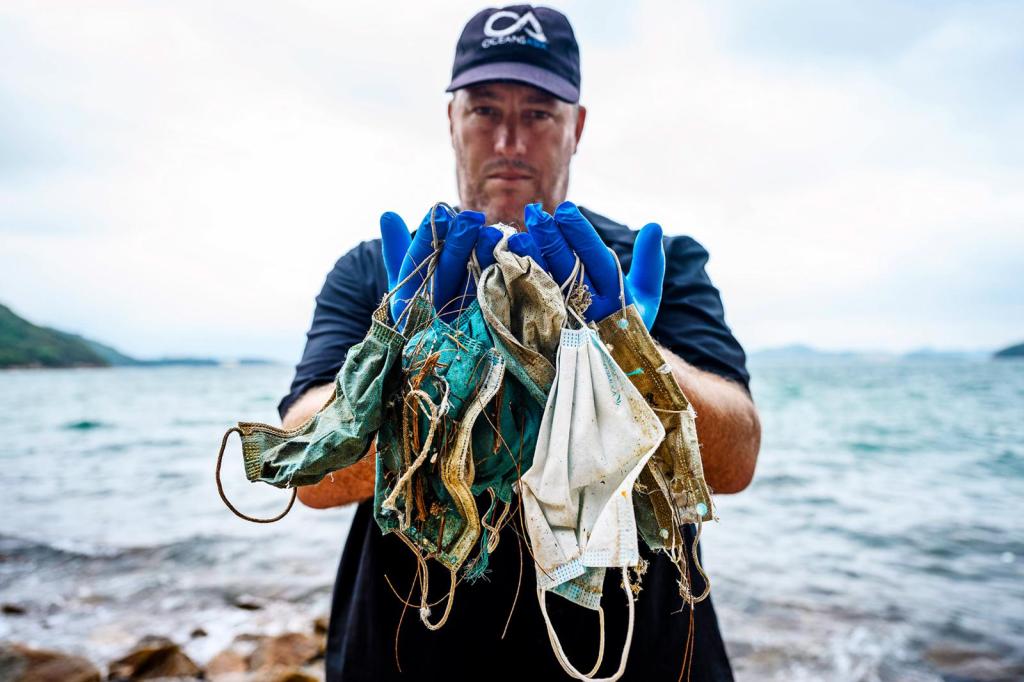
People are finding more and more PPE, such as face masks, littering our shorelines.
ANTHONY WALLACE—AFP/GETTY IMAGESLots of people wear PPE. It helps protect against COVID-19. But when PPE isn’t thrown out the right way, it pollutes
pollute
 JEFFEREY COOLIDGE—GETTY IMAGES
to make land, water, or air dirty or unsafe
(verb)
Please recycle your plastic bottles instead of polluting the ocean with them.
the environment. It harms wildlife. This is a growing problem. Many people want to fix it.
JEFFEREY COOLIDGE—GETTY IMAGES
to make land, water, or air dirty or unsafe
(verb)
Please recycle your plastic bottles instead of polluting the ocean with them.
the environment. It harms wildlife. This is a growing problem. Many people want to fix it.
A Pollution Solution
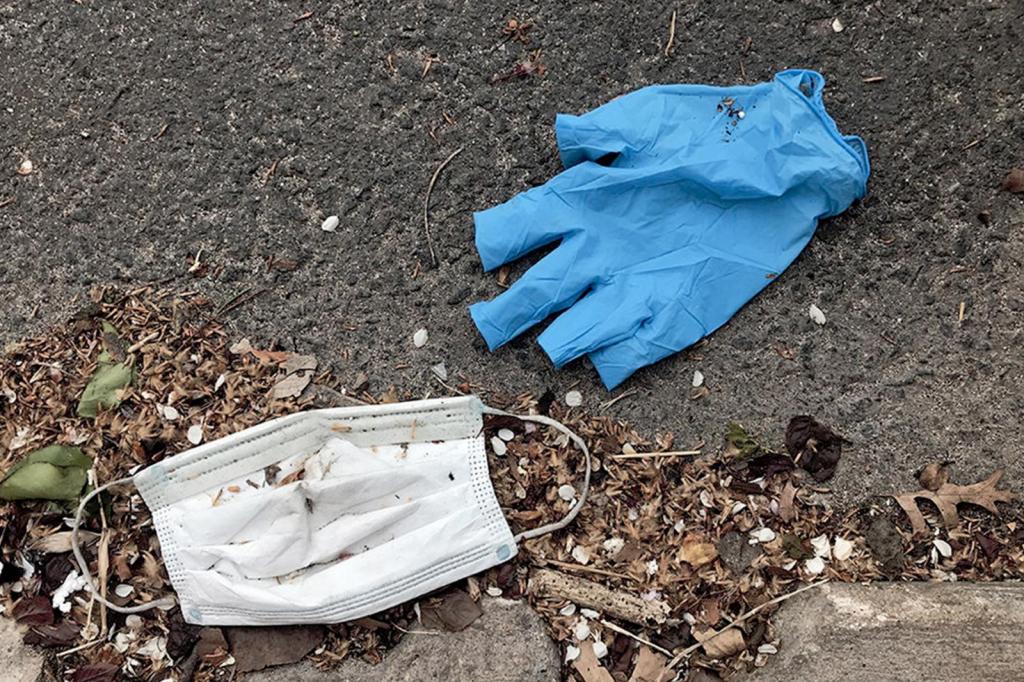
PPE stands for “personal protective equipment.” It includes face masks and gloves.
JEFFREY BASINGE—NEWDAY RM/GETTY IMAGESAt least 8 million tons of plastic enter oceans each year. That’s according to the International Union for Conservation of Nature. In September 2020, the Ocean Conservancy
conservancy
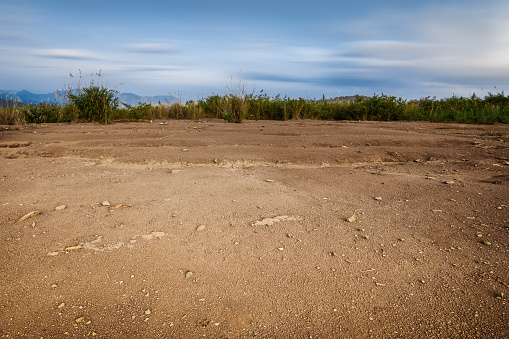 CONSTANTINE JOHNNY—GETTY IMAGES
a group or area that protects the environment and Earth's natural resources
(noun)
The land was donated to a local conservancy.
held an International Coastal Cleanup. Tens of thousands of PPE items were found. George Leonard is the group’s chief scientist. He spoke to CNN. “PPE waste is a significant
significant
CONSTANTINE JOHNNY—GETTY IMAGES
a group or area that protects the environment and Earth's natural resources
(noun)
The land was donated to a local conservancy.
held an International Coastal Cleanup. Tens of thousands of PPE items were found. George Leonard is the group’s chief scientist. He spoke to CNN. “PPE waste is a significant
significant
 JOSE LUIS PELAEZ INC—GETTY IMAGES
meaningful or important
(adjective)
Lily has a photo album to remind her of significant moments in her life.
threat to oceans,” he said.
JOSE LUIS PELAEZ INC—GETTY IMAGES
meaningful or important
(adjective)
Lily has a photo album to remind her of significant moments in her life.
threat to oceans,” he said.

Two seagulls find a face mask on the ground in Dover, England, in August 2020.
LEON NEAL—GETTY IMAGESPPE waste can hurt ocean animals. They can eat it or get tangled in it. Other wildlife is at risk too. Sue Schwar manages South Essex Wildlife Hospital. It’s in the United Kingdom. Her team rescued a seagull. “The loops of a face mask were bound around its legs,” she says. Thankfully, the staff was able to untangle the bird. It healed. They set it free and watched it fly away.
How To Help
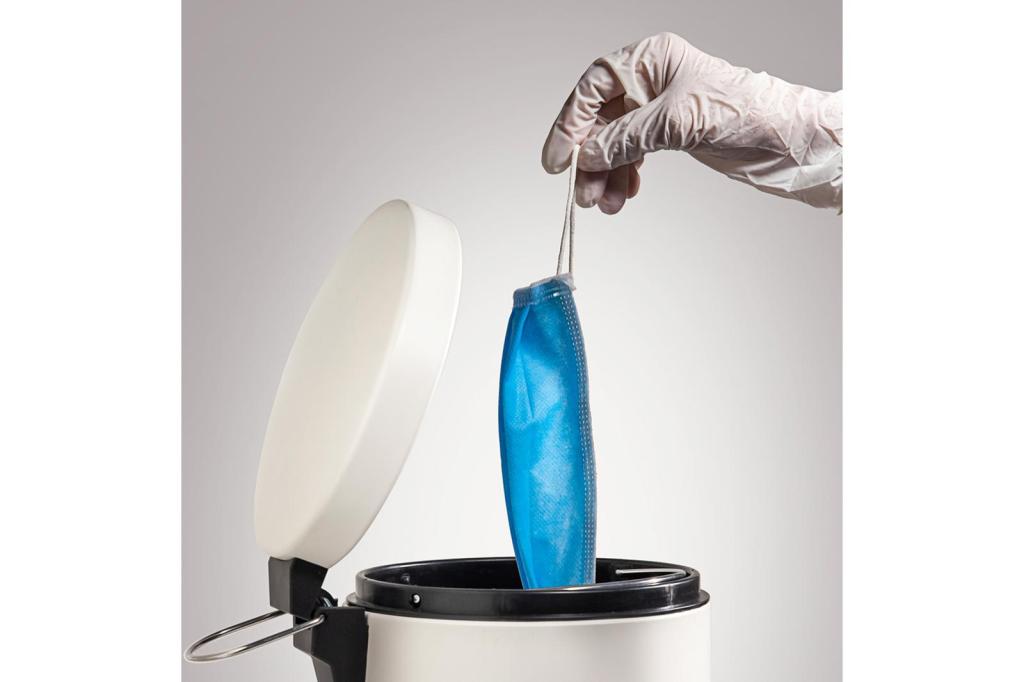
You can help solve the PPE problem. Wear clean reusable masks. Snip the straps before throwing any mask away. This will protect animals. They won’t get tangled up. Put used PPE in a garbage can with a secure lid. This is important when the can is outside. Masks and gloves can be carried away by the wind.





